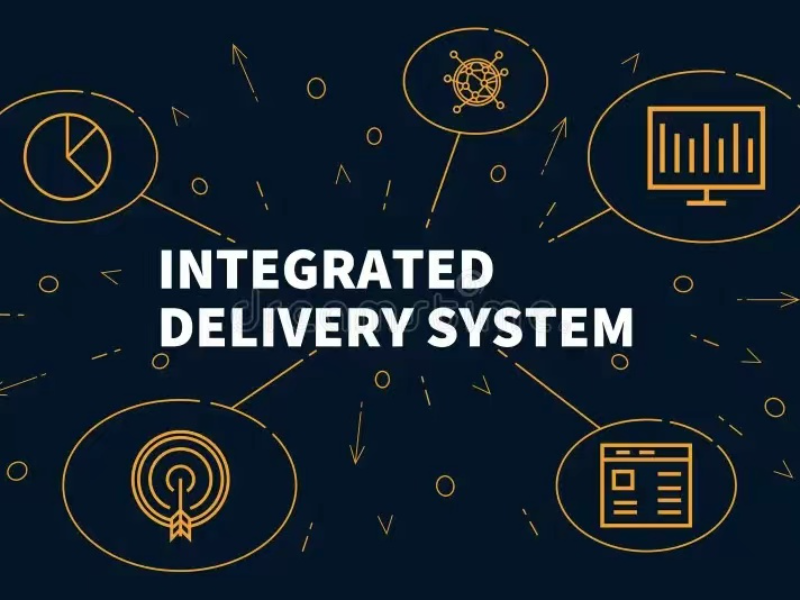- Integrated Delivery Systems (IDS) offer a wide range of benefits across various industries, including healthcare, retail, manufacturing, and alike.
- IDS provide a comprehensive solution for improving efficiency and effectiveness, like streamlining operations and reducing costs, etc.
Integrated Delivery Systems (IDS) are increasingly being utilised across various industries beyond healthcare, providing numerous benefits. These systems bring together diverse services and operations into a unified framework, streamlining processes and enhancing overall efficiency. As organisations continue to face complex challenges and competitive pressures, the adoption of IDS is crucial to achieving sustainable success and growth.
1. Streamlined operations and enhanced efficiency
A key benefit of IDS is its ability to streamline operations. By consolidating various services and functions, IDS eliminate redundancies and optimise workflows. This integration allows organisations to coordinate activities more effectively, ensuring that resources are used efficiently.
Also read: IDNOG 2024: HI-tech network innovations come to Jakarta
In healthcare, for example, patients benefit from a more streamlined process, where they can access various services within a single system, like diagnostics, treatment, and follow-up care. This reduces the hassle of navigating multiple providers and ensures continuity of care. Also, in supply chain management, an integrated system can synchronise production schedules with logistics, reducing delays and inventory costs. The result is a more efficient operation that can adapt quickly to changing market conditions.
2. Improved customer experience and satisfaction
IDS significantly enhance customer experience by providing seamless and consistent service. Take the retail industry as an example. An IDS can integrate online and offline channels, offering customers a unified shopping experience. Customers can check product availability, make purchases, and arrange returns through a single platform, making interactions with the brand more convenient and satisfying. This level of integration helps build customer loyalty and trust, as it reflects a company’s commitment to meeting customer needs efficiently and reliably.
Also read: Core of disaster recovery: Business continuity assurance
3. Cost reduction and resource optimisation
Cost reduction is another crucial advantage of IDS. By centralising operations and leveraging shared resources, organisations can reduce operational costs. For instance, in the manufacturing industry, an integrated system can coordinate procurement, production, and distribution processes, minimising waste and lowering production costs. Additionally, IDS can enhance resource optimisation by providing real-time data and analytics, enabling companies to make informed decisions about resource allocation and investment.
4. Fostering innovation and technological advancement
IDS plays its role in fostering innovation and the adoption of new technologies. By creating a cohesive framework, IDS enable organisations to implement new systems and technologies more effectively. For example, a company can integrate advanced analytics, automation, and Internet of Things (IoT) technologies into its operations, enhancing productivity and innovation. This integrated approach facilitates continuous improvement and adaptation, allowing companies to stay competitive in a rapidly evolving market.
5. Enhanced collaboration and communication
Another significant benefit of IDS is the enhancement of collaboration and communication within organisations. By integrating different departments and functions, IDS promote a culture of collaboration, breaking down silos and facilitating the sharing of information. This is particularly beneficial in industries such as project management and construction, where seamless communication and coordination among various stakeholders are crucial for project success. Improved collaboration leads to more efficient problem-solving and innovation, driving overall organisational performance.

